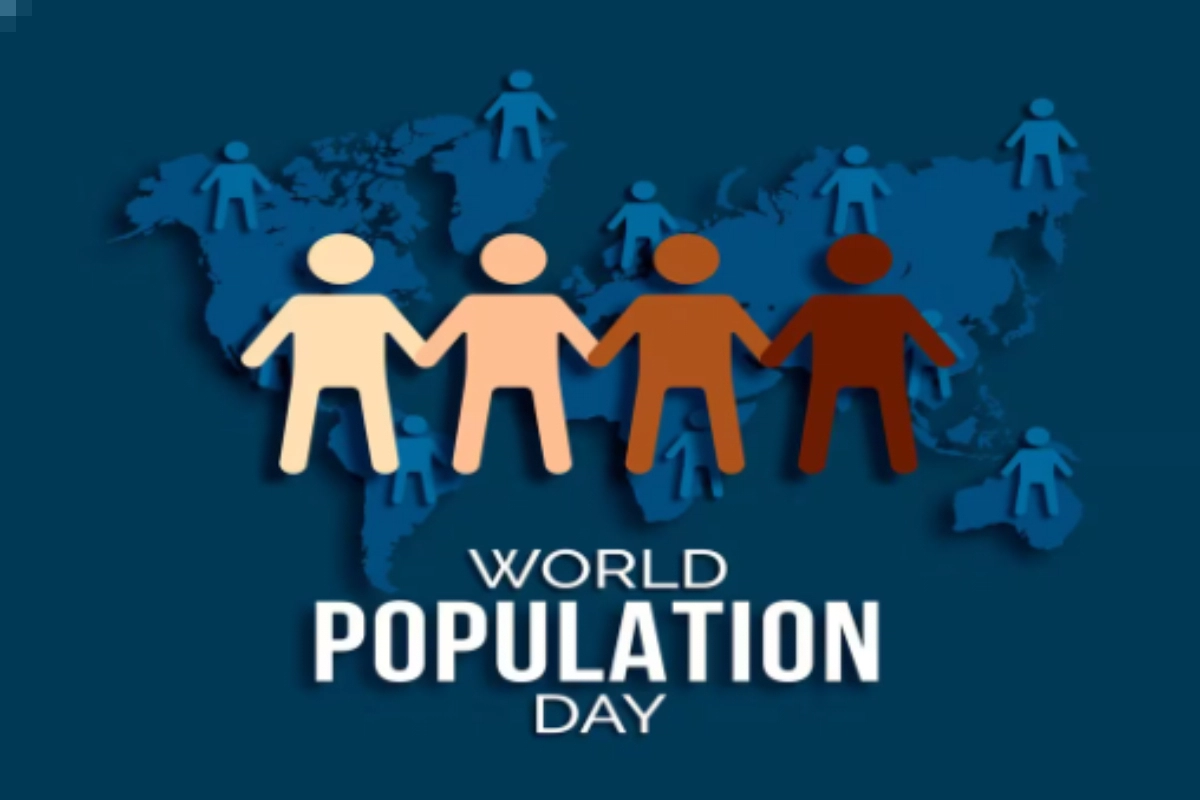World Population Day 2024: World Population Day falls on July 11 and is marked in history as a transformative event to enhance public awareness of the condition of the world population. Convened by the United Nations in 1989, this event was to underscore the Emergency and Seriousness of Population Issues. This calls upon the theme of World Population Day 2024: ‘Who is still not counted?’—the kind of counting where missing people count in population statistics, and the consequences of the existing conditions behind these gaps for people, societies, and global actions toward resilient and sustainable development.
High Population Growth- A Major Challenge
The population of the world has been increasing in a very alarming way. According to the United Nations, this increase affects all major factors of human life which varies from employment to economic development and from poverty to the distribution of income and social stability. In particular, rapid growth in population of developing countries poses a great strain of challenge for both sustainable development and environmental sustainability.
There are disadvantages to the rapidly increasing population in different parts of the country and the world. If we talk in the context of India, then the population here too has arisen rapidly, and presently, the population of the country has reached an estimated 140 crores. The continuously rising population leads to increasing unemployment—the biggest challenge.
Rapid Growth in Population – Disadvantages
Resource Depletion: The population rates are increasing and the demands for resources, such as water, minerals, and fossil fuel, are getting high each day. This would definitely lead to resource exhaustion and environmental degradation.
Environmental Degradation: This all leads to overutilization, which, in turn, leads to deforestation, loss of biodiversity, and emissions into the air, consequently altering the climate.
Economic Strain: The rapidly rising population puts heavy pressure on economic resources, therefore proper employment, health, and education are hard to secure. It leads to an increase in poverty and the problem of income inequalities.
Infrastructure Pressure: The rate of population growth is so fast that it brings an inadequacy of housing, transport, and sanitary facilities in cities, leading to overcrowding. It degrades the quality of life and multiplies the risk factor for health crises.
Food Security: Many more people would demand more in terms of reassuring food security. High population can lead to malnutrition and even famine, especially in regions where food production is not enough to cater to the ever-increasing population.
How to Control Population Growth
Education and Awareness: Education should be provided to everyone, especially women and girls. Educated people have a better way of understanding and practicing the family planning measures.
Family Planning Programs: Provision of contraception and family planning services helps in determining the number of children families can support. This should be made widely available by governments and NGOs.
Economic Incentives: Governments can certainly put in place policies that provide an economic benefit for families that would have a constrained number of children, through tax incentives, subsidized health care, and benefits in education.
Legislation and Policies: Legislation striving for smaller family norms and policies supporting reproductive health can help the most in population control efforts.
Health Access: More health access for women will ensure women make decisions regarding their reproduction. This includes prenatal and postnatal care, which can reduce infant and maternal mortality rates and therefore encourage smaller families.
World Population Day 2024 will be a critical reflection of the dire need to address population growth and the ramifications that follow. Hitherto, societies will come closer to attaining sustainable development and a healthier planet as they appreciate the challenges and ultimately implement effective control measures. There is an urgent need for sensitization about people in terms of the necessary population control and to enhance international cooperation in managing the population across the world.
